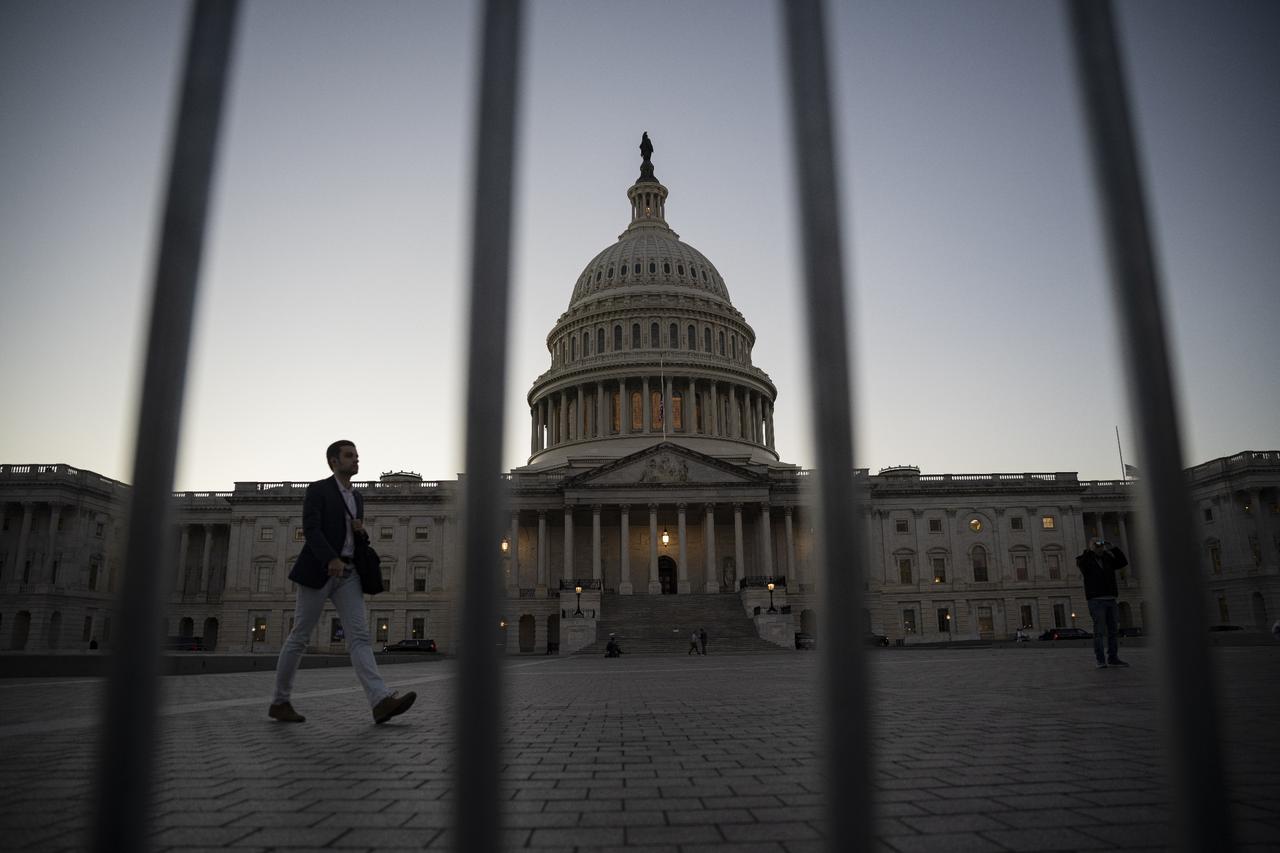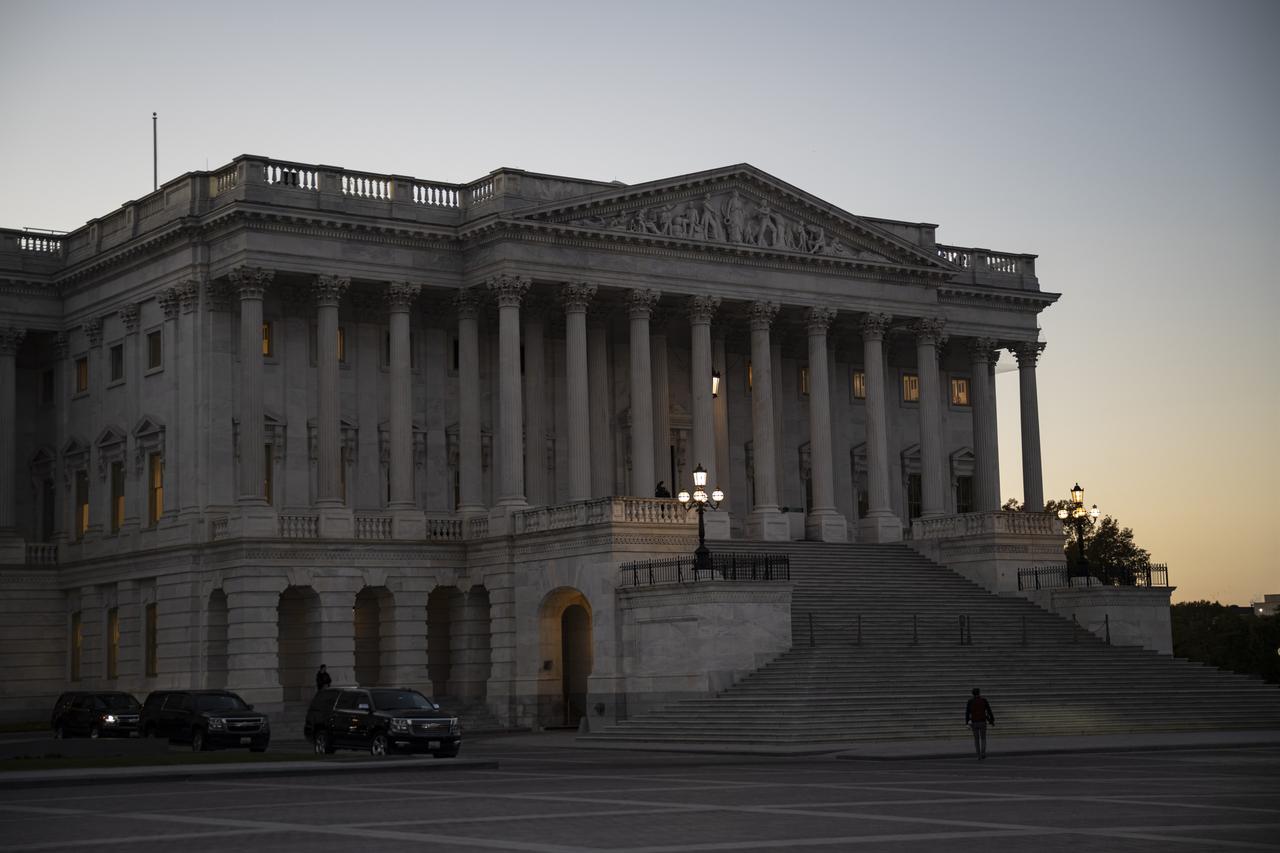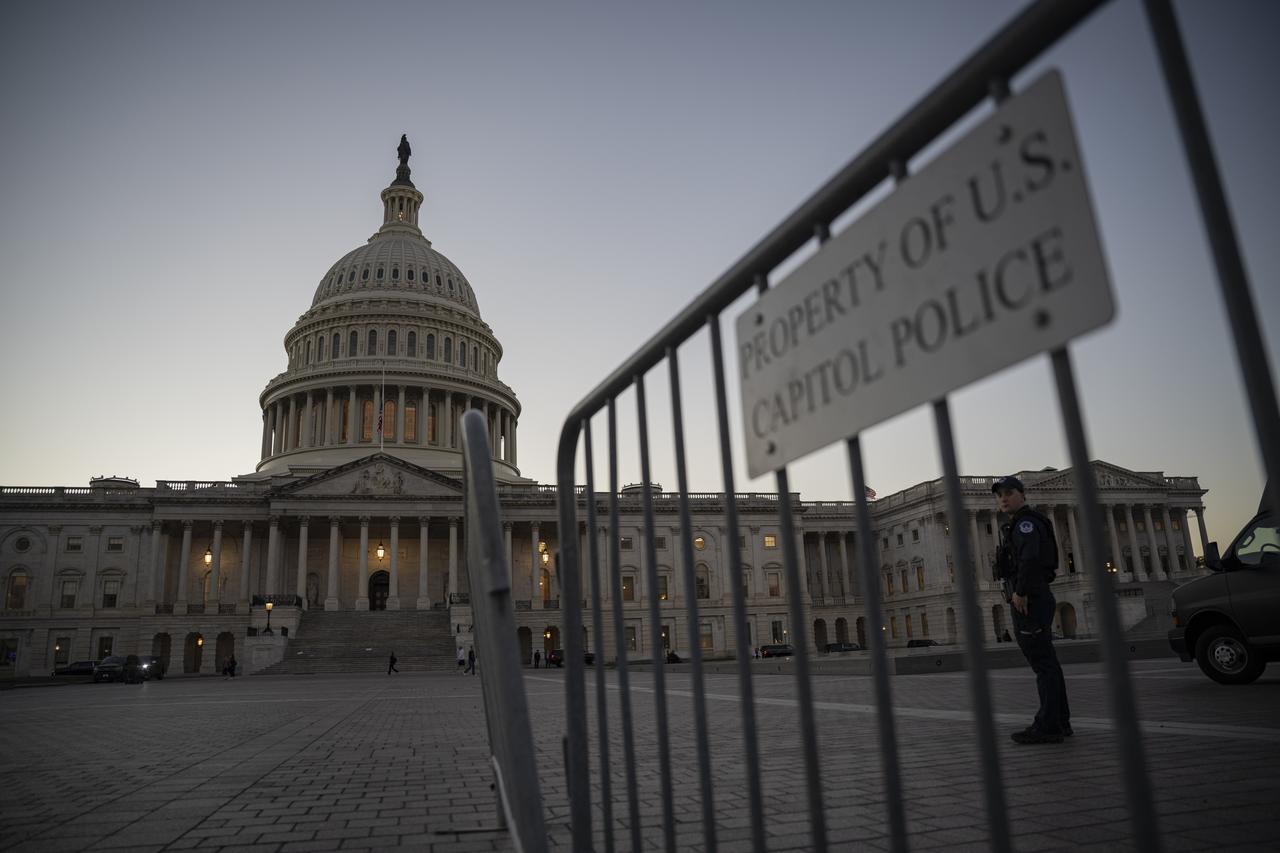
The U.S. government shutdown reached its 36th day on Wednesday, making it the longest in the nation’s history as Republicans and Democrats in the Senate remain deadlocked over funding to reopen federal agencies.
The shutdown surpassed the previous 35-day record set between December 2018 and January 2019 during Donald Trump’s first term.
The latest funding bill, passed by the House, was rejected in the Senate for the 14th time on Tuesday with a 54–44 vote.
Negotiations broke down after Democrats refused to support a funding bill that excluded an extension of Affordable Care Act (ACA) tax credits, which lower health plan costs.

Republicans have maintained that Democrats must first vote to restore government operations before addressing health care provisions.
Approximately 1.4 million federal employees have been furloughed or are working without pay since the shutdown began on Oct. 1.
Food banks nationwide have reported surging demand from unpaid workers, while the Department of Agriculture said it would distribute only half of the normal food stamp benefits.
The Congressional Budget Office estimates the shutdown could cost the U.S. economy up to $14 billion in gross domestic product (GDP).

Transportation officials have warned of possible flight delays and airspace closures due to staff shortages among air traffic controllers and Transportation Security Administration officers, who continue to work without pay.
Senate Majority Leader John Thune has held multiple votes to end the shutdown, but all have failed due to insufficient Democratic support.
Both parties have shown little sign of compromise, leaving the fate of federal funding, and millions of Americans’ benefits, uncertain.